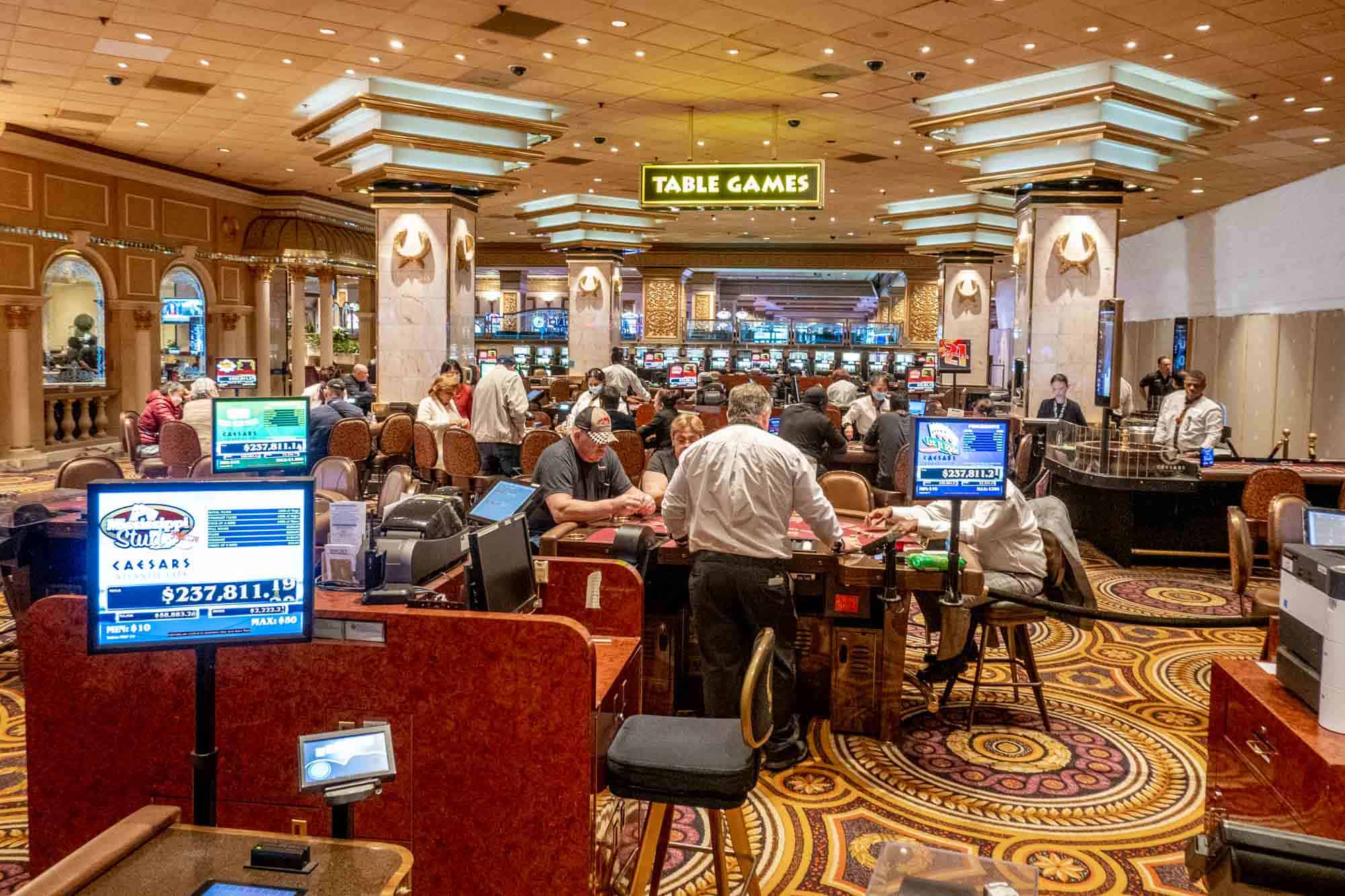
Casino games have long captivated gamblers from all parts of society, drawing them into vibrant casinos filled with the noises of spinning wheels, clattering chips, and cheering crowds. The thrill of chance and the allure of potential winnings create an exhilarating atmosphere that keeps gamblers returning for more. Whether it is the thrill of a slot machine, the strategic play of poker, or the anticipation of a roulette wheel, casino games offer a distinct combination of fun and risk that can be hard to ignore.
At the heart of this fascination lies a mental pull that varies from person to person. For a few, the rush of hitting a jackpot can elevate their mood, while for many, it’s a social experience that brings friends together. The colorful visuals, engaging sounds, and sometimes lavish environments of casinos further enhance the appeal, making each visit an experience waiting to unfold. As we delve into why gamblers are drawn to these games, we uncover the deeper motivations and emotions that fuel their love for the betting tables.
Understanding Gambling Psychology
The attraction of casino games often derives from the nuanced psychology of gambling itself. Many players are attracted to the thrill of risking money for the opportunity of winning more, as it taps into a profound human desire for excitement and gain. This rush can create a profound emotional experience. The mix of risk and potential monetary gain can trigger a dopamine release, making players feel energized.
Moreover, the design of casino games is crafted to keep players interested. The use of luminous lights, captivating sounds, and the communal environment of casinos can amplify the excitement. Players often find themselves engulfed in these spaces, where the expectation of a win keeps them coming back for more. This sensory overload encourages longer gaming sessions, as the rapid feedback from wins, however insignificant, reinforces the desire to gamble more.
Finally, mental shortcuts play a major role in gambling behavior. Many players fall prey to the belief in control, believing they have power over outcomes even in games of luck. This attitude can lead to overoptimism and the persistence of play, despite accumulating losses. Additionally, gamblers typically recall their wins more vividly than their losses, which can skew their perception and enhance the desire to gamble more. This intricate interplay between emotions and cognitive factors helps illustrate why so many are attracted to casino games.
A Allure of Gambling Settings
The atmosphere of a gaming venue is distinctively enchanting, luring in bettors with its blend of thrill and eagerness. The scenes and auditory experiences of whirling slot machines, enthusiastic players, and the steady jingling of chips create an engaging experience that is hard to resist. The lively illuminations and energetic layout foster a atmosphere of vitality that keeps visitors involved and encourages them to linger longer. This infectious environment contributes to the overall appeal of casino experiences, enticing both inexperienced and veteran bettors alike.
In addition, gaming establishments are designed to engage the sensory experience in a manner that makes visitors feel as though they are starting on a exciting adventure. The purposeful positioning of games, cozy seating, and on-the-house drinks enhance the overall experience, making players feel valued and treated well. Many casinos also incorporate decorative furnishings and intricate themes that carry visitors to diverse dimensions, amplifying the thrill. Such atmospheres foster a sense of freedom, allowing bettors to ignore their everyday routines and plunge into the exciting domain of chance.
Ultimately, the aspect of fellow gamblers amplifies the communal dimension of betting, creating a collective rush. DK7 Engagements among gamblers, either through light-hearted banter or shared excitement during a huge success, cultivate a sense of bonding that many find attractive. This interpersonal interaction enhances the journey of playing casino games, transforming it from a single pursuit into a joint adventure. The combination of anticipation, engaging environments, and communal connections makes gambling establishments an irresistible destination for gamblers looking for fun and a chance to win.
Grasping Gambling Dynamics
Gambling games are designed with unique mechanics that captivate players. Each game has its specific set of rules, stake frameworks, and probability ratios, allowing players to engage with the game on various levels. The thrill of placing a bet and the anticipation of the outcome creates an exciting atmosphere. Grasping these mechanics can enhance a player’s appreciation for the game and improve their overall experience.
A further crucial aspect of game mechanics is the concept of randomness. Many casino games, especially poker machines and table games, rely on RNGs or shuffling to determine outcomes. This randomness is what keeps players revisiting; the unpredictable nature of the game creates a sense of possibility and excitement. Knowing that each spin or hand is independent of the last contributes to the appeal, as players perceive they have a chance at winning, regardless of past outcomes.
Finally, the emotional response connected with game mechanics should not be underestimated. The excitement of a big win or the tension during pivotal moments are fundamental to the enjoyment of casino games. Such emotional highs and lows utilize psychological triggers that keep players engaged for prolonged periods. Understanding these emotional responses to game mechanics can help explain why so many are drawn to the thrill of casino games, persistently seeking that upcoming exhilarating moment.